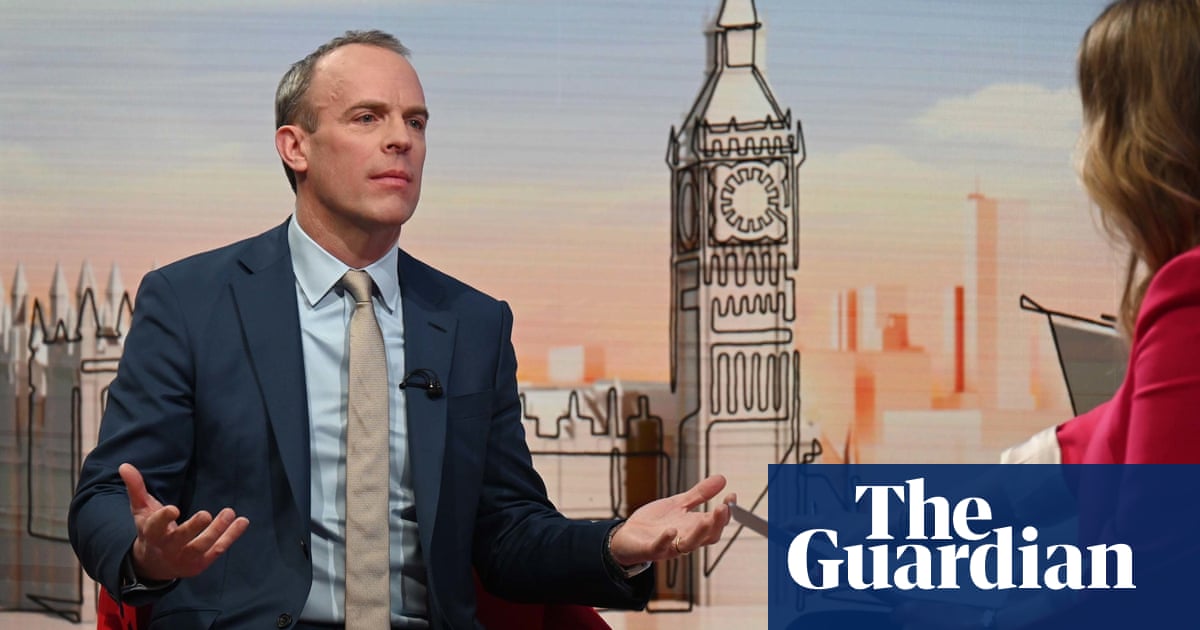
Railway changes at the heart of some strike action will be imposed by legislation if workers do not agree to new deals, the transport secretary has suggested.
The UK is gripped once again by a run of strikes hitting train operators across the country and underground services in London.
On Friday, a strike by Rail, Maritime and Transport union (RMT) workers on the underground in London over issues including jobs and pensions has caused travel disruption.
Asked by Sky News if compulsory redundancies were on the table for rail workers, Grant Shapps repeated accusations that it was “union barons” to blame for failing to put offers to their members.
“The deal that is on the table actually means largely no compulsory redundancies at all,” Shapps said of one offer. “If [the unions] are not prepared to put that deal to your membership we will never know whether members would accept it.”
Shapps said he would have to enact legislation referred to as a “section 188” to force through some of the measures. He said: “What I do know and I can say for sure is if we can’t get this settled in the way that we are proposing, which is ‘please put the deal to your membership’, then we will have to move to what is called a section 188; it is a process of actually requiring these changes to go into place so it becomes mandated.
“That is the direction that this is moving in now.”
Shapps said work practices needed to be updated, adding: “If we can’t get those modernisations in place we will have to impose those modernisations but we would much rather do it through these offers actually being put to their members.”
He gave an example of an offer made to RMT members of an 8% pay rise over two years, which was reportedly blocked by senior members of the union, including the RMT’s general secretary, Mick Lynch, without putting it to members.
Shapps said: “It’s time for union bosses to get out the way.”
The latest strike comes as the Tory leadership frontrunner, Liz Truss, unveiled plans for a radical shake-up of labour laws. The plan, drawn up by Truss, includes introducing minimum service levels on critical national infrastructure to keep trains, buses and other services running.
New laws would be introduced in parliament within a month of taking office if her leadership campaign is successful. She will raise ballot thresholds to make it harder for strike action to take place across all sectors.
A cooling-off period would also be introduced so unions can no longer strike as many times as they like in the six-month period after a ballot.












